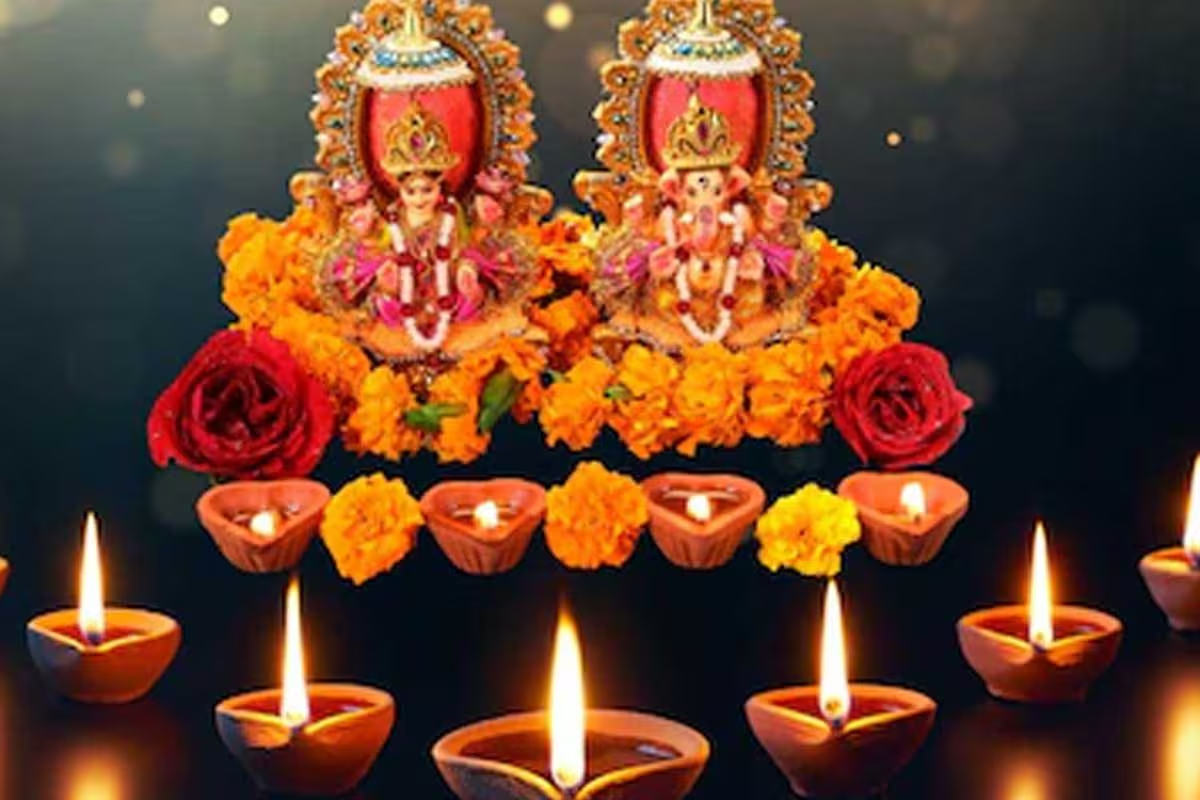Diwali, one of the most significant Hindu festivals of the year, is often referred to as the festival of lights. It symbolizes the triumph of good over evil and the victory of light over darkness. According to the Hindu lunar calendar, Diwali is celebrated on the fifteenth day of the month of Kartik, and this year, the festivities will take place on November 1.
The celebration is marked by a sense of joy, harmony, and togetherness, as families and friends come together to decorate their homes, exchange gifts, and partake in sumptuous feasts. The lighting of diyas (oil lamps) and bursting of firecrackers are traditional practices that add to the festive atmosphere.
However, while Diwali brings immense joy and is a time for celebration, it also poses certain health risks, particularly due to the pollution caused by firecrackers.
Here are a few easy-to-follow tips to reduce pollution this Diwali:
-
Opt For Eco-Friendly CrackersFirecrackers are a leading cause of pollution during Diwali, releasing harmful toxins that can make breathing difficult and lead to respiratory ailments. While it can be challenging to convince children to avoid crackers entirely, consider using eco-friendly alternatives. These produce less smoke and noise, minimizing their impact on air quality.
-
Light Up With DiyasRather than relying on electric lights or synthetic decorations, embrace the traditional practice of lighting diyas (earthen lamps). Diyas are biodegradable, cost-effective, and create a warm, festive glow that adds to the Diwali ambience without contributing to pollution.
-
Use Natural Colors for RangoliInstead of synthetic colours, use natural materials like flowers and eco-friendly colours such as turmeric, kumkum, coffee powder, rice, or wheat for your Rangoli designs. This not only enhances the beauty of your home but also reduces harmful chemical exposure.
-
Keep Your Surroundings CleanTake the initiative to clean your surroundings and avoid burning waste. Burning waste releases harmful particulate matter into the air, contributing to pollution and creating smog. Proper waste disposal and recycling can help maintain a cleaner environment during the festivities.
-
Choose Sustainable GiftsAvoid plastic-based gifts that can contribute to long-term waste and pollution. Opt for personalized gifts made from natural materials like cotton or jute. Handmade gifts carry a special touch and are often more meaningful to your loved ones.
By incorporating these eco-friendly practices into your Diwali celebrations, you can enjoy the festivities while contributing to a cleaner and healthier environment for everyone.

.svg)
